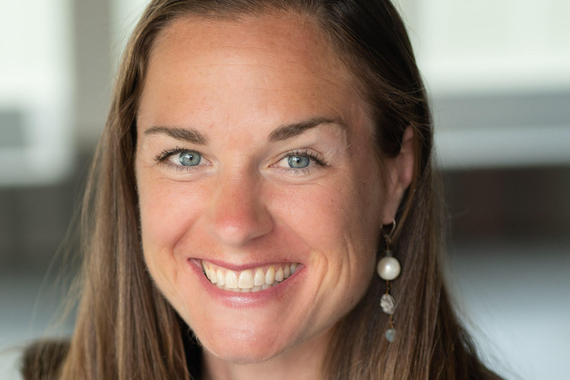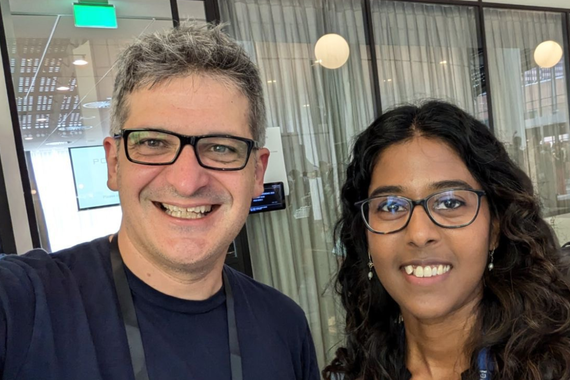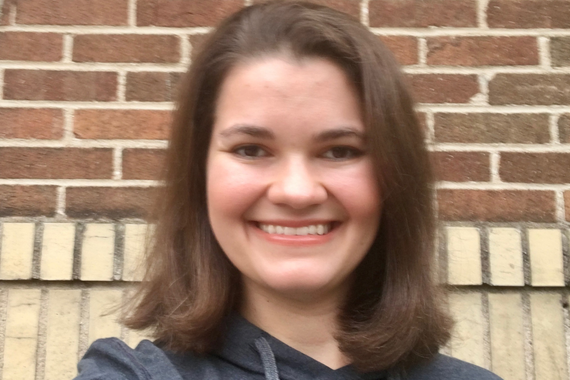Mark Snyder Highlights Informal Volunteering and Challenges in Youth

Mark Snyder, faculty, was quoted in a recent Vox article on volunteering. Much volunteering is “formal volunteering” that is done through organizations that recruit and train volunteers to provide services to those in need. Much of what is known about the dynamics of voluntary helping comes from studies of volunteers in such organizations. However, people often volunteer to help others outside of formal organizations, and this “informal volunteering” can be difficult to track and a challenge to study. In the Vox article, Snyder explained that many acts of helping others don’t involve formal organizations. For instance, when neighbors help each other within informal groups such as block watches or ask for and provide help in response to a group text to others on their block, it isn’t usually considered volunteering. Yet, these acts of helping have many of the key features of volunteering, being freely chosen, unpaid, and providing services of benefit to those who receive help and potentially delivering many of the same benefits (such as boosts to self-esteem) to those who provide informal help as those who participate in formal volunteering. In the Vox article, Snyder also offered observations on the changing faces of volunteerism, especially the challenges faced by younger generations, who may be volunteering at lower rates than older generations, perhaps because so many young people are working multiple jobs to make ends meet, leaving them with less free time (whether for recreation or getting involved in causes, including volunteering) which may lead some to prioritize their own achievements and personal happiness over caring for others.
Mark Snyder, PhD, McKnight Presidential Chair in Psychology, and Director of the Center for the Study of the Individual and Society, in the Department of Psychology at the University of Minnesota.
Composed by Madison Stromberg, communications assistant.


